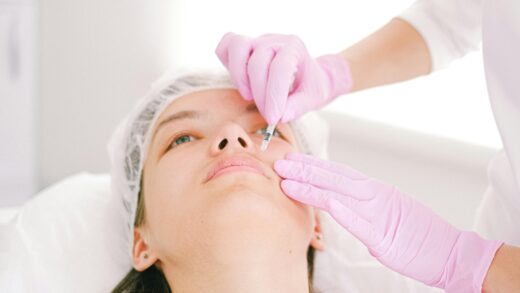Introduction
Have you ever experienced a sudden toothache or a chipped tooth? Dental emergencies can be both painful and stressful. Knowing how to find a reliable emergency dentist can make a significant difference in your dental health and peace of mind.
Understanding Dental Emergencies
Dental emergencies can range from mild to severe. Common examples include:
- Toothaches: Often caused by cavities, infections, or trauma.
- Chipped or Broken Teeth: Accidents can lead to damage that requires immediate care.
- Knocked-Out Teeth: A tooth may be completely dislodged from its socket.
- Abscesses: Painful infections that can develop in teeth or gums.
- Bleeding Gums: Excessive bleeding might signal underlying dental issues.
The Importance of Emergency Dental Care
In an emergency, getting dental care quickly is essential for a number of reasons:
- Pain Relief: Pain and suffering can be reduced with prompt treatment.
- Infection Prevention: Ignoring dental issues can lead to infections and complications.
- Tooth Preservation: Timely intervention can save damaged or lost teeth.
- Overall Health: General well-being and oral health are intimately related.
How to Find an Emergency Dentist
Here are some effective ways to find a reliable emergency dentist:
- Ask Your Regular Dentist: They may have recommendations or be able to provide emergency care themselves.
- Check Online Directories: Websites like Google Maps or Yelp can help locate dentists in your area.
- Contact Your Dental Insurance Provider: They often have a list of dentists who accept their insurance for emergencies.
- Visit Nearby Dental Clinics: Many clinics offer emergency dental services, especially after hours.
What to anticipate from an urgent dental appointment
Here’s what to anticipate when you go to an emergency dentist:
- Initial Assessment: The dentist will examine your mouth to determine the nature of the emergency.
- Pain Management: They may prescribe pain medication or perform procedures to relieve discomfort.
- Treatment Options: The dentist will discuss possible treatment plans based on your needs.
- Follow-Up Care: They will provide instructions for follow-up appointments and home care.
Tips for Preventing Dental Emergencies
While you can’t always predict dental emergencies, you can take steps to minimize your risk:
- Practice Good Oral Hygiene: Brush twice daily, floss regularly, and use mouthwash.
- Wear a Mouthguard: If you play sports or engage in activities that could cause injuries, consider using a mouthguard.
- Avoid Harmful Habits: Limit sugary drinks and refrain from using tobacco products.
- Schedule Regular Check-Ups: Routine visits to your dentist can help prevent potential issues.
Conclusion
Dental emergencies can be stressful, but knowing how to find an emergency dentist and taking preventive measures can help minimize their impact. Remember, seeking prompt dental care is essential for your oral health and overall well-being. Never be afraid to ask for assistance when you need it!


